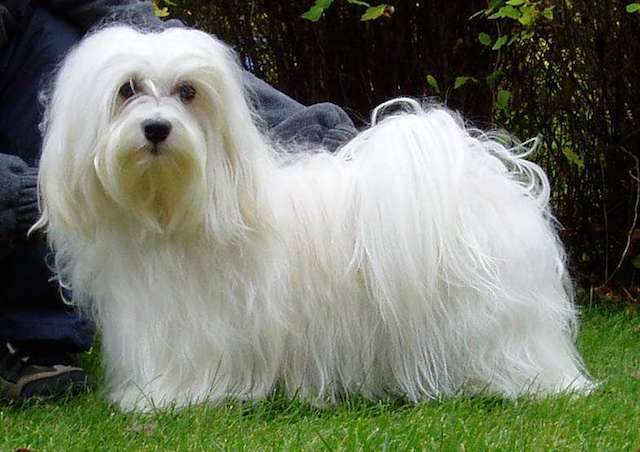
Havanese Bichon: Your New Pet
History of the Breed:
The Bichon Havanese, also known simply as the Havanese, is an ancient toy breed with roots that can be traced back to the Mediterranean and the island of Cuba. Bred as companions to Cuban aristocracy, Havanese were cherished for their charming demeanor, affectionate nature, and delightful personality. They were often kept as treasured pets and were known for their ability to entertain and comfort their owners.
Physical Characteristics:
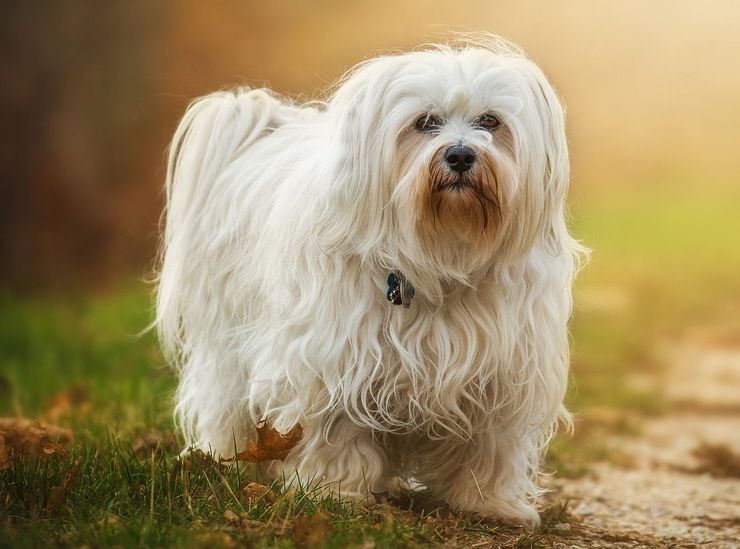
Bichon Havanese are small, sturdy dogs with a lively and elegant appearance. They typically weigh between 7 to 13 pounds and stand around 8 to 11 inches tall at the shoulder. Their most distinctive feature is their long, flowing coat, which comes in a variety of colors and patterns, including white, cream, black, chocolate, and parti-color. They have dark, expressive eyes and a plumed tail that curls over their back.
Health and Basic Care:
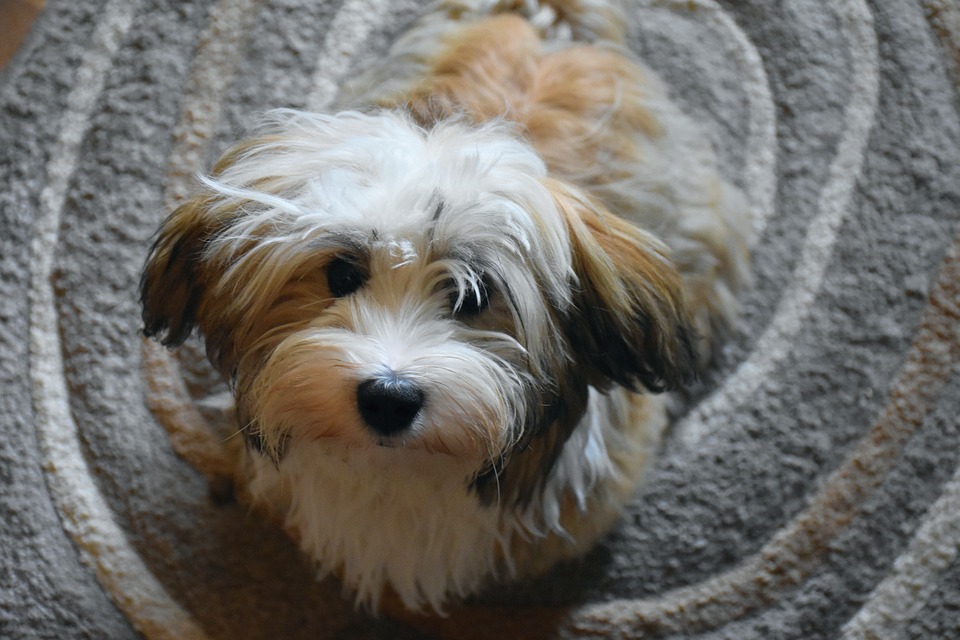
Bichon Havanese are generally healthy dogs with a lifespan of around 14 to 16 years. However, they may be prone to certain health issues such as dental problems, luxating patella, hip dysplasia, and progressive retinal atrophy (PRA). Regular veterinary check-ups, a balanced diet, dental care, exercise, grooming, and parasite prevention are essential for maintaining their health and well-being.
Temperament and Personality:
Bichon Havanese are known for their affectionate, playful, and outgoing nature. They are loyal and devoted companions that form strong bonds with their families. Despite their small size, they have a confident and fearless demeanor, with a tendency to be friendly towards strangers and other animals. They enjoy being the center of attention and participating in various activities with their owners.
Training and Socialization:
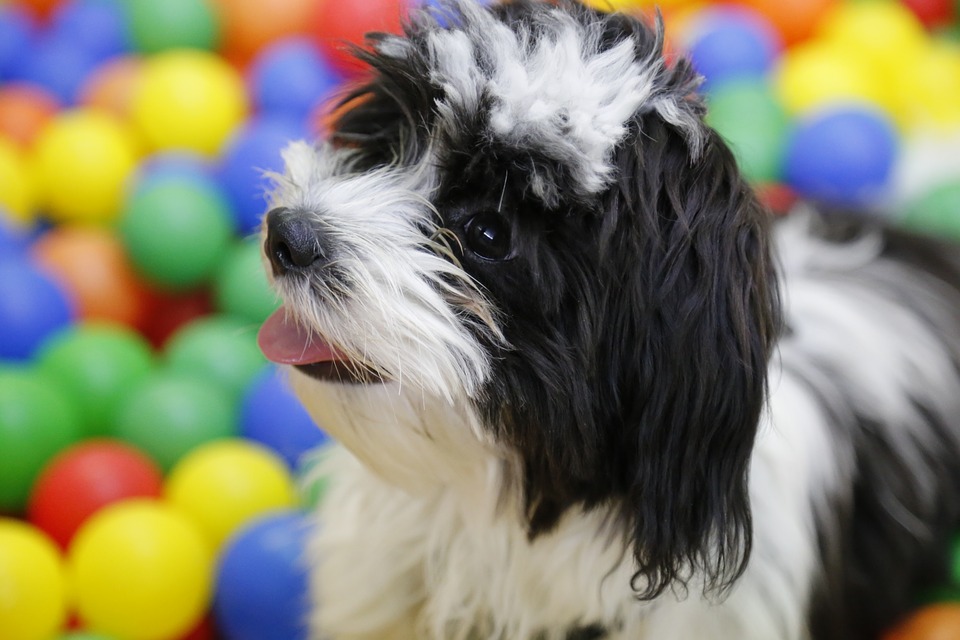
Bichon Havanese are intelligent and eager to please, making them relatively easy to train with positive reinforcement techniques such as treats, praise, and rewards. Early socialization with people, other animals, and different environments is important to help them develop into well-mannered and well-adjusted dogs. They may be sensitive to harsh training methods, so patience and consistency are key.
Nutrition:
A balanced diet tailored to their size, age, and activity level is essential for Bichon Havanese’s health and well-being. Feeding them high-quality dog food formulated for small breeds will provide them with the nutrients they need to thrive. Portion control is important to prevent obesity, which can lead to health issues, and fresh water should always be available.
Suitable Environment:
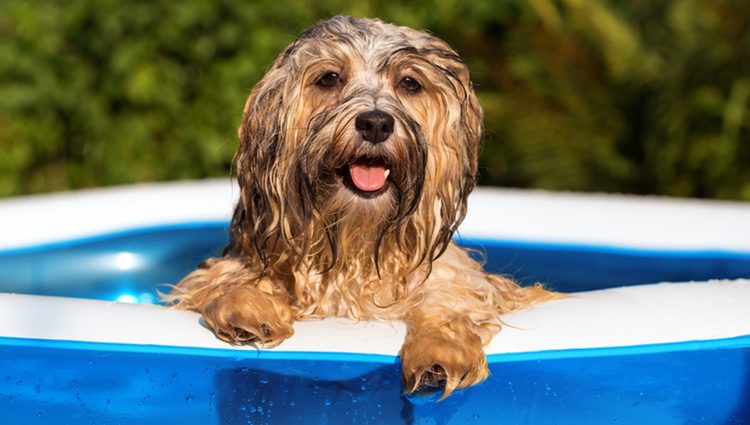
Bichon Havanese are well-suited to various living situations, including apartments, houses, and urban environments. They are adaptable dogs that can thrive in both indoor and outdoor settings, but they prefer to be close to their families. They may be sensitive to cold temperatures, so they should have access to warmth and shelter during cooler weather.
Frequently Asked Questions:
Can Bichon Havanese be left alone?
- Bichon Havanese may be able to be left alone for short periods, but they thrive on companionship and may become anxious or bored if left alone for extended periods. They prefer to be close to their families and may benefit from having a companion or a pet sitter when left alone.
Do Bichon Havanese bark a lot?
- Bichon Havanese may bark occasionally to alert their owners to visitors or other stimuli, but they are not known as excessive barkers. Proper training and socialization can help manage their barking behavior.
How big does a Bichon Havanese get?
- Bichon Havanese typically weigh between 7 to 13 pounds and stand around 8 to 11 inches tall at the shoulder when fully grown.
What is the difference between Bichon Frise and Havanese?
- While both breeds share some similarities, such as their small size and affectionate nature, there are also some differences between them. Bichon Frise have a curly, powder-puff coat that is always white or white with patches of color, while Havanese have a long, flowing coat that comes in various colors and patterns. Additionally, Bichon Frise originated in the Mediterranean region, while Havanese originated in Cuba.
